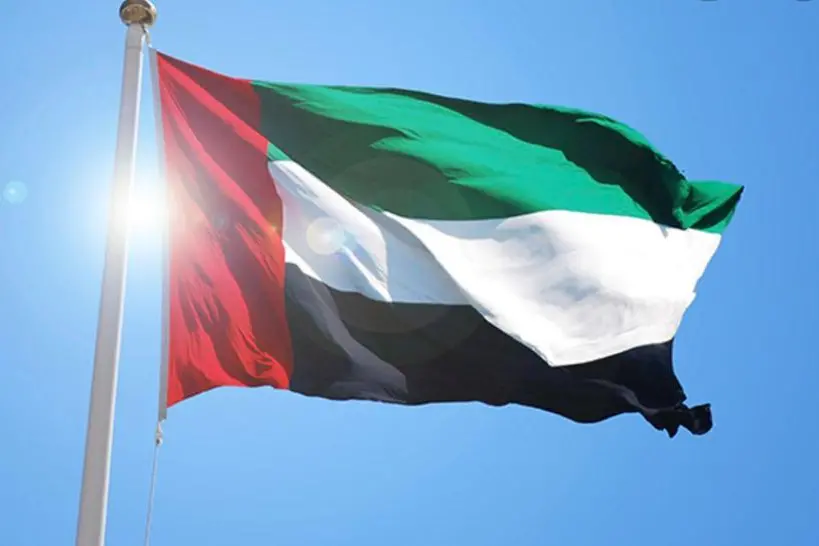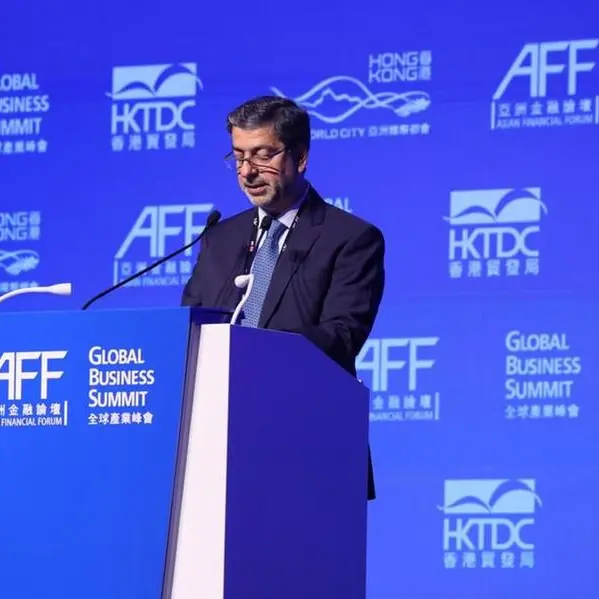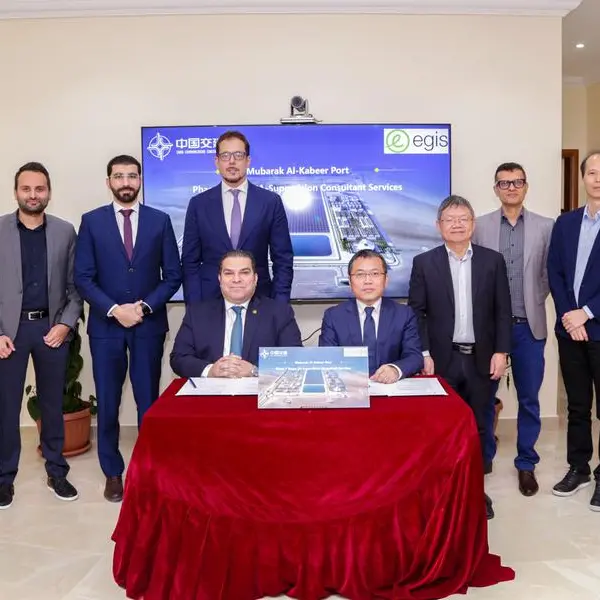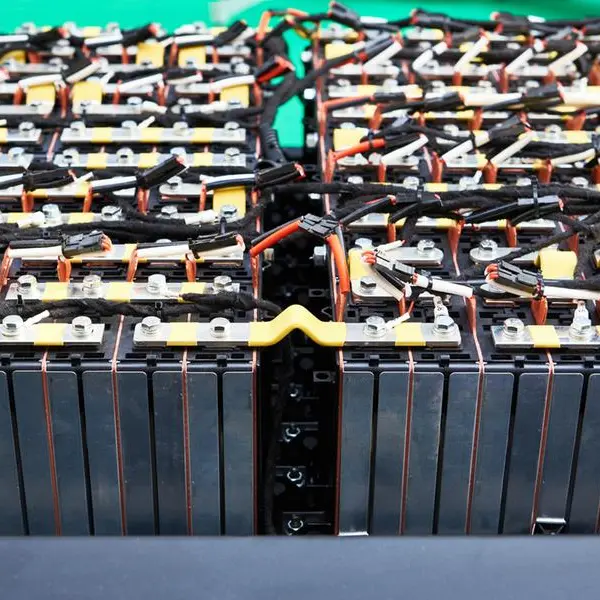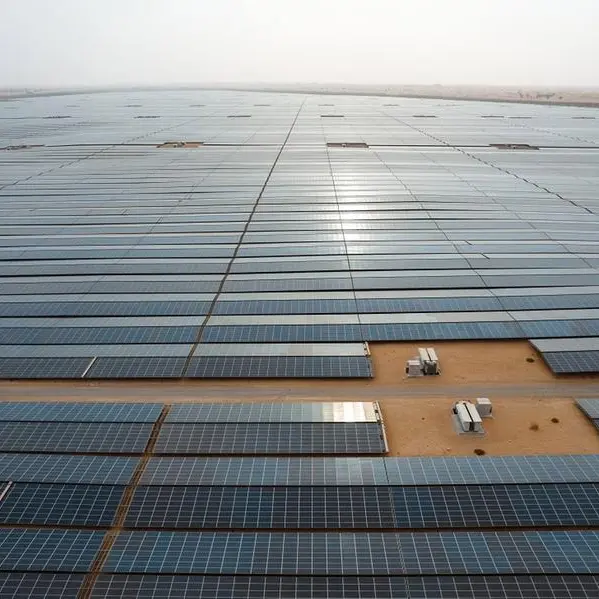PHOTO
ABU DHABI: The United Arab Emirates is participating in celebrating the 10th anniversary of the launch of the Belt and Road Initiative (BRI), initiated by Chinese President Xi Jinping in 2013, and the collective cooperation with more than 152 countries worldwide.
The BRI serves as a vital link to bolster economic, trade, and investment interactions involving approximately 75 percent of the world's population. The UAE enjoys extensive and diverse economic and trade partnerships with China, ranking among its foremost strategic allies on the global stage. Similarly, the nation maintains significant ties with the countries poised to contribute to the commercial routes of the Silk Road, uniting the East and the West.
In this report, the Emirates News Agency (WAM) provides a comprehensive overview of the UAE's participation in BRI, highlighting the country's key contributions and the benefits that the initiative has brought to the country. The report also discusses the BRI's potential to further support the UAE's economic development and prosperity in the years to come.
The Belt and Road Initiative aims to establish a network of trade and infrastructure connecting Asia to Europe and Africa, with a shared goal of achieving development and prosperity. The UAE holds a proactive and engaged membership as a founding participant in the Asian Infrastructure Investment Bank (AIIB), under China's leadership. This bank is committed to fostering development partnerships within the Asian continent and beyond.
The UAE boasts advanced logistics capabilities, showcased by its expansive airports and global ports, currently ranking as the Middle East's foremost container handling facilities. These assets are complemented by its capacity to efficiently transport substantial cargo volumes, facilitating the seamless integration of land routes with maritime pathways as part of BRI.
With this notable competitive edge in mind, the initiative will play a pivotal role in reinforcing the UAE's robust position as a worldwide hub for commodity trade and logistics services. This firmly establishes its role as a strategic connecting point between Asia, Europe, and Africa.
The UAE's active participation and endorsement of the initiative will further fuel increased trade, infrastructure development, and transportation projects while lowering investment costs. This, in turn, will pave the way for forging new economic and trade partnerships.
The UAE has become an active partner in BRI since its launch, leveraging its developmental capabilities, strategic location, and pioneering economic role in the region. The initiative offers favourable opportunities for the UAE's regional and international developmental and investment aspirations, underscoring the UAE's pivotal role in international trade and aligning with its centennial objectives.
The UAE has also embraced economic partnership agreements and actively supports its re-export activities, a cornerstone of the UAE's non-oil trade, accounting for nearly 30% of the nation's non-oil trade. This is achieved through the implementation of four international agreements.
The Belt and Road Initiative is a positive step towards achieving the economic goals set out in The Principles of the 50 of the UAE, particularly diversification and economic sustainability. The initiative also has the potential to double the country's competitive advantage, develop its foreign trade, and especially its re-export activity. The BRI is an ideal platform for forging effective economic partnerships and alliances, and a conduit for trade flows from around the world, given that more than 70 countries around the world are involved in this massive development initiative.
The UAE has invested $10 billion in a joint China-UAE investment fund to support BRI projects in East Africa. In 2018, the UAE signed 13 memorandums of understanding with China to invest in multiple sectors in the UAE. The UAE is also a founding member of the Asian Infrastructure Investment Bank.
The UAE's trade with countries in Asia, Africa, and Europe reached around $560 billion in 2022, accounting for 90% of the UAE's non-oil trade. China, India, Saudi Arabia, Iraq, Turkiye, Japan, Oman, Kuwait, and Hong Kong are among the UAE's top 10 trading partners. The UAE's non-oil trade with these countries grew by 20% in 2022 compared to 2021.
Data from the first half of 2023 shows that the value of the UAE's non-oil trade with countries participating in the BRI reached $305 billion, accounting for 90% of the UAE's non-oil trade during that period. The trade grew by more than 13% compared to the first half of 2022.
Moreover, a remarkable 88% of the UAE's imports originate from countries actively involved in the Belt and Road Initiative (BRI), while 94% of the UAE's non-oil exports are destined for these nations, and 92% of its re-exports are directed to them. These statistics constitute a vital underpinning for the successful implementation of the BRI in collaboration with all the countries contributing to the reinvigoration of trade among the regions, spanning Asia, Africa, and Europe.
The BRI encompasses around 65 nations and represents 30% of the world's GDP. Projections indicate that these countries will account for nearly two-thirds of the world's GDP by 2040, solidifying their role as one of the foremost drivers of global economic growth.
It is essential to note that the Belt and Road Initiative draws its inspiration from the ancient Silk Road concept. It establishes a new economic development zone in western China and presents an ambitious economic vision, aiming to construct a bridge that connects an economic circle in Asia and the Pacific in the east to an advanced European economic circle in the west. This endeavour aspires to create the longest and most potent major economic corridor globally.
Muhammad Aamir / Hazem Hussein
